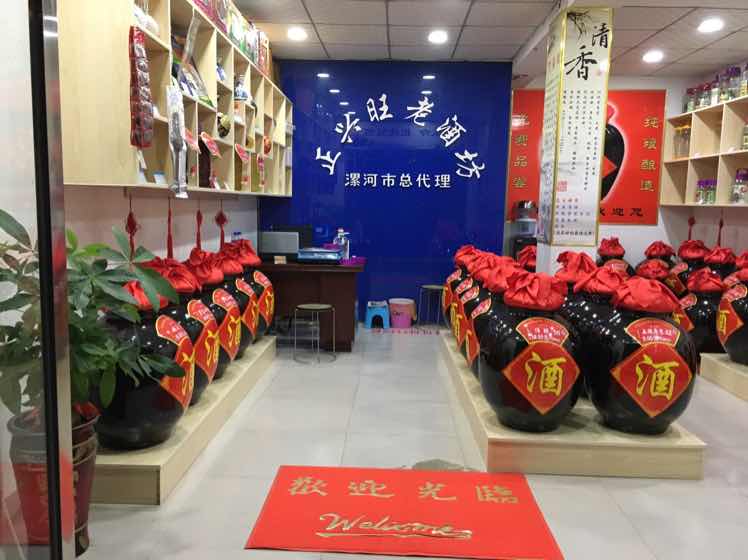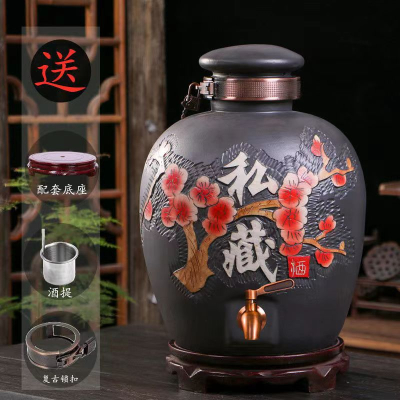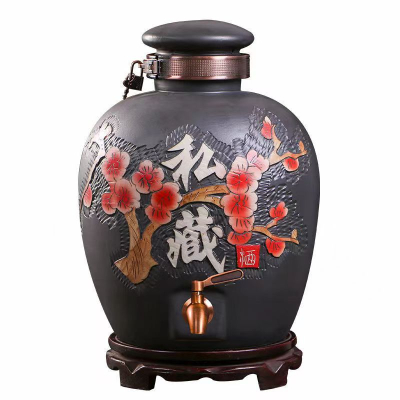Liquor Agent: Key Responsibilities and Duties
Introduction In the world of alcoholic beverages, liquor agents play a crucial role in the distribution and promotion of various liquor products. This article will explore the key responsibilities and duties of a liquor agent, highlighting the importance of their role in the industry.
Key Responsibilities of a Liquor Agent
Building and Maintaining Relationships: One of the primary responsibilities of a liquor agent is to build and maintain relationships with liquor suppliers, distributors, and retailers. This involves establishing strong communication channels and ensuring efficient coordination between all parties involved in the liquor supply chain.
Sales and Marketing: Liquor agents are responsible for promoting liquor products to potential buyers, including retailers, restaurants, and bars. They develop sales strategies, attend trade shows and events, and actively seek out new business opportunities to increase product sales.
Market Research and Analysis: Liquor agents conduct market research to identify emerging trends, consumer preferences, and competitor activities. By staying informed about market dynamics, they can make strategic decisions that drive sales and increase market share for the liquor brands they represent.
Inventory Management: Liquor agents are also tasked with managing inventory levels to ensure adequate stock availability for their clients. This involves tracking product demand, forecasting sales, and coordinating product deliveries to meet customer needs.
Compliance and Regulations: Liquor agents must adhere to all regulatory requirements and industry standards related to the sale and distribution of alcoholic beverages. This includes obtaining necessary licenses and permits, ensuring responsible alcohol marketing practices, and complying with local liquor laws.
Customer Service: Providing excellent customer service is a key aspect of a liquor agent's role. They must promptly address customer inquiries, resolve any issues that arise, and maintain a positive reputation for the liquor brands they represent.
Conclusion In conclusion, liquor agents play a vital role in the alcoholic beverage industry by facilitating the distribution and promotion of liquor products. By effectively managing relationships, conducting market research, and ensuring compliance with regulations, liquor agents contribute to the success of liquor brands in a competitive market environment










